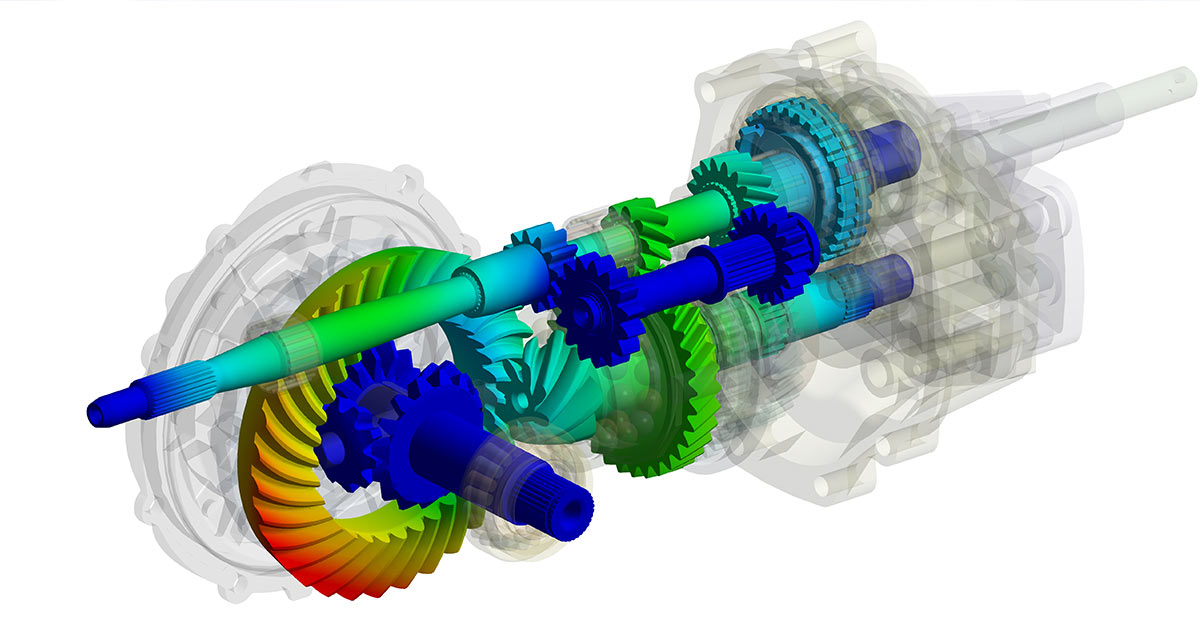.svg)
.svg)

The Ansys Workbench platform lets you integrate data across engineering simulations to create more accurate models more efficiently.
For Mechanical and Automobile Engineers
Course Type :
₹ 19534
Topic 1 | Introduction to ANSYS Workbench
Introduction to ANSYS Workbench
Topic 2| Sketching And Part Modeling
| Sketching And Part Modeling
Topic 3 | Solid modeling
Solid Modeling
Topic 4 | Assembly Features
Topic 4 | Assembly Features
Topic 5 | Modeling techniques
Topic 5 | Modeling Techniques
Topic 6 | Defining Material Properties
Topic 6 | Defining Material Properties
Topic 7 | Meshing
Topic 7 | Meshing
Topic 8 | Static Structural Analysis
Topic 8 | Static Structural Analysis
Topic 9 | Wizard and Tools
Topic 9 | Wizard And Tools
Topic 10 | Surface and line models
Topic 10 | Surface And Line Models
Topic 11 | Natural Frequencies
Topic 11 | Natural Frequencies
Topic 12 | Buckling Loads
Topic 12 | Buckling Loads
Topic 13 | Thermal Analysis
Topic 13 | Thermal Analysis
Topic 14 | Thermal Stress
Topic 14 | Thermal Stress
Course Description
ANSYS Mechanical is a finite element analysis tool that is widely used for analyzation and solving complex mechanical problems. The tool is efficient in predicting the behavior of the components in the manufacturing industry and real-world environments. ANSYS globally supports engineering simulation with the delivery of high-quality products developed in less time through the better information-based process.
Course objectives
ANSYS training course aims to explain the basics of ANSYS, Finite Element Modeling (FEM), and Finite Element Analysis (FEA). The curve of learning will elevate from various stages, which includes pre-processor, solution, and post-processor. The course will also explain on ways to conduct advanced structural analysis that is also described in hands-on sessions.
Roles in industry
The software is being used in wide range of industries to analyze various performance parameters such as signal integrity, electromagnetic interference, thermal issues, and mechanical failure.
Course Highlights
Copyright © 2025 ABCTrainings - All rights reserved